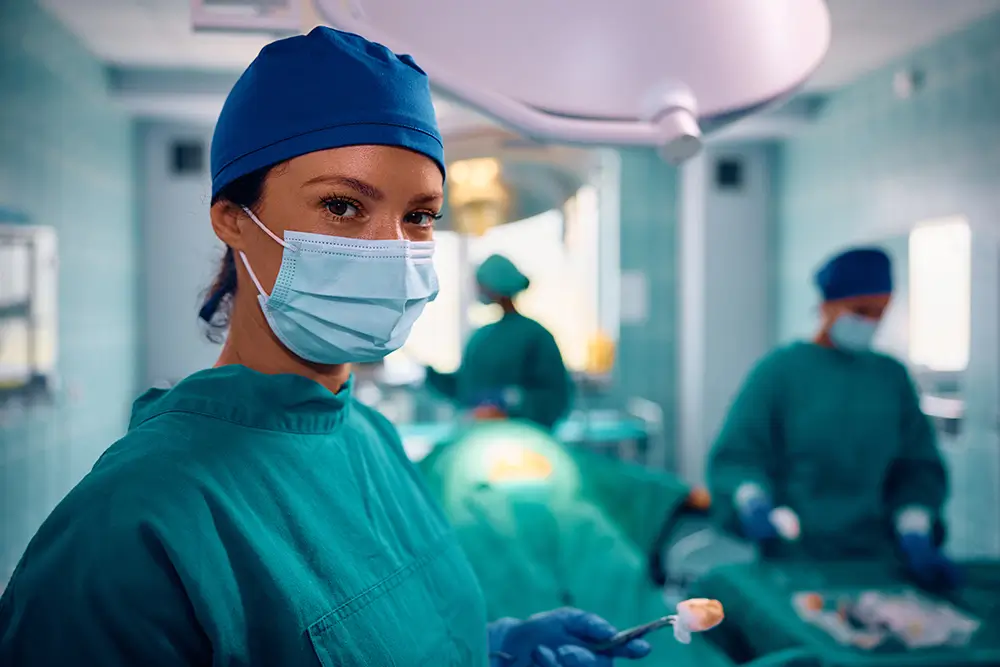An aortic aneurysm is a serious condition that develops when a section of your aorta, the body’s main artery, weakens and bulges outward. Imagine a weak spot in a garden hose that creates a balloon-like inflation.
The exact causes of aortic aneurysms aren’t fully understood, but several factors are known to contribute to their development. Here’s a breakdown of the main culprits:
In order to book an appointment with Dr. Syed Muhammad Azeem you can call (051) 846-3231 or click the Book Appointment button.

Dr. Syed Muhammad Azeem: Years of experience, prioritises your concerns, crafts personalised treatment plans for vascular health.
Schedule your appointment today for personalized service tailored to your needs and preferences. Contact us now!